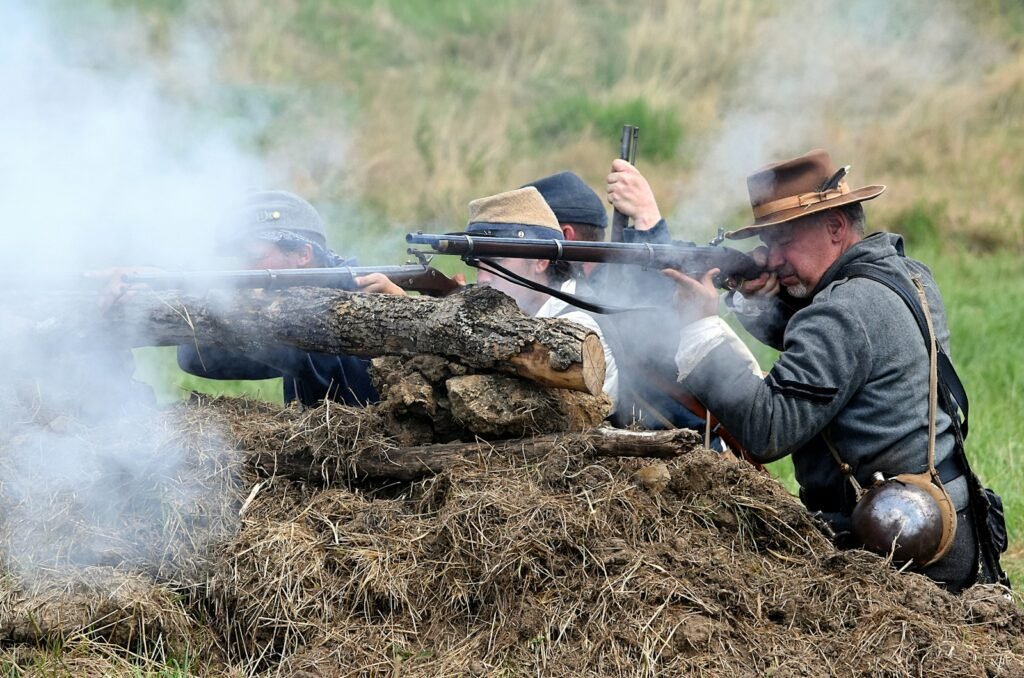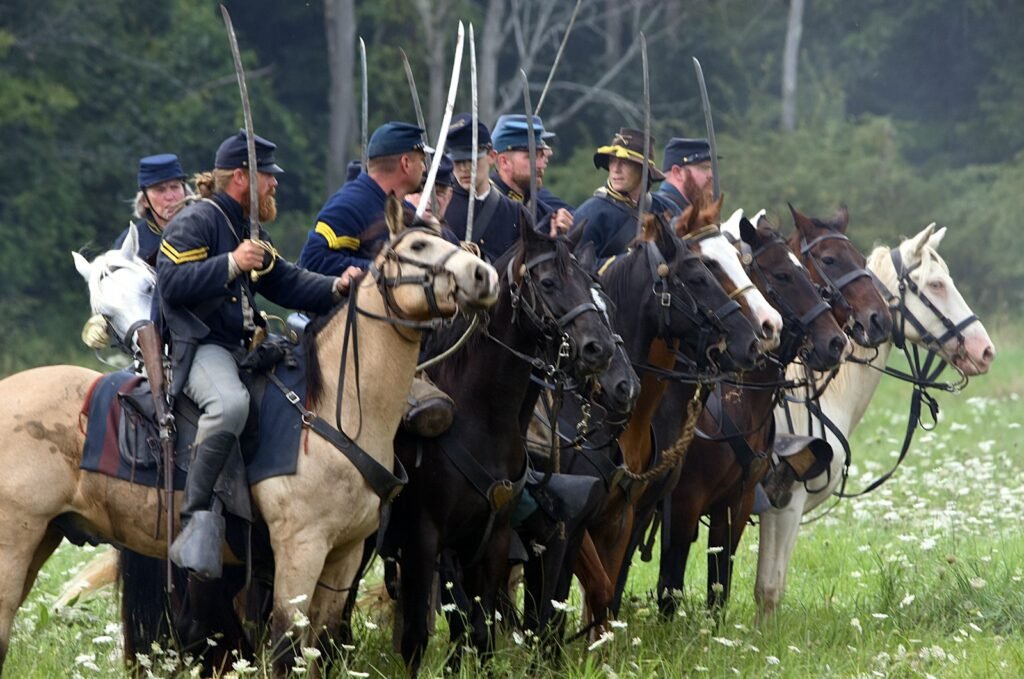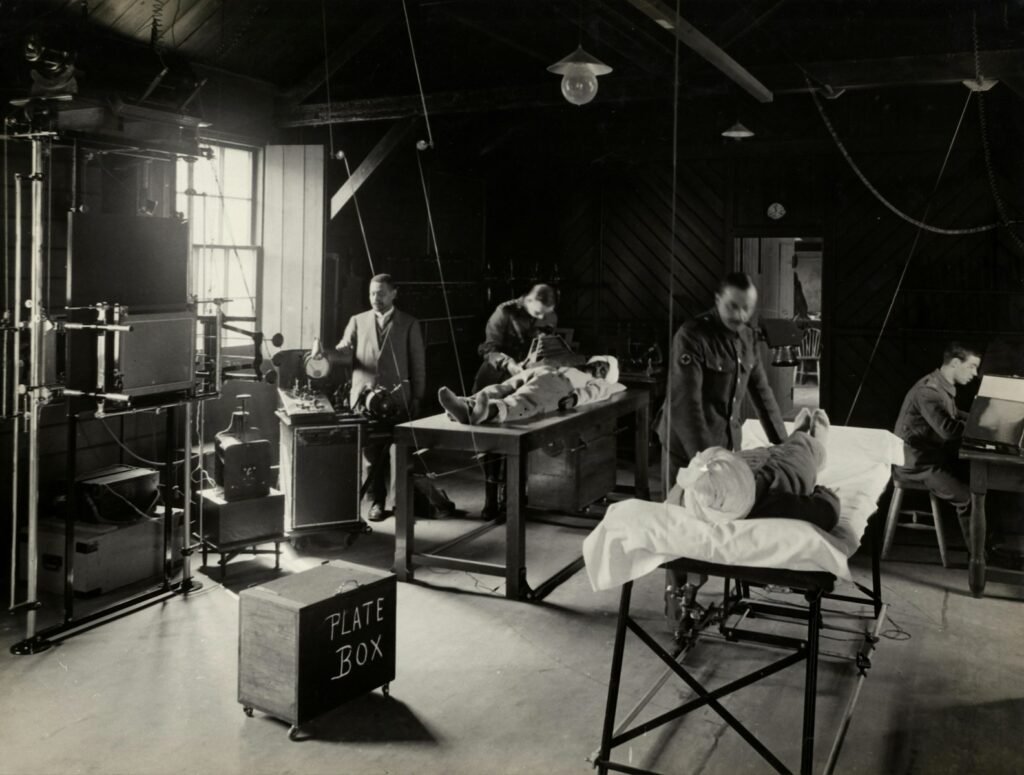
Key Players in the Revolution
The American Revolution was a whirlwind of larger-than-life characters who left an indelible mark on history with their audacity and vision. From the thunderous speeches of Patrick Henry to the unyielding resolve of George Washington, these influential figures laid the groundwork for a nascent nation. In the words of Benjamin Franklin, “We must all hang together, or assuredly we shall all hang separately.” This sentiment encapsulates the spirit of unity and cooperation that defined these figures in times of crisis.
Thomas Paine, through his incendiary pamphlet “Common Sense,” sparked a revolution in the hearts of colonists, reminding them that “Tyranny, like hell, is not easily conquered.” By his side stood John Adams, whose mastery of language and law played a pivotal role in securing independence for America. As Adams so famously put it, “Freedom is not bestowed upon us by other men but is our birthright under God’s laws.” These key players, with their diverse talents and unwavering resolve, paved a new path forward in American history.
Life on the Homefront
Surviving on the homefront during the American Revolution was a perplexing challenge. Families were left to navigate through uncertainty while their loved ones fought for independence. With resources scarce and dangers lurking at every corner, everyday life became a burst of unpredictability. As Abigail Adams wisely stated, â€Great necessities call out great virtues.â€
Women played an essential role in holding society together during this chaotic period. They took on the responsibilities of managing households, caring for children, and overseeing farms or businesses in the absence of their husbands. As noted by Mercy Otis Warren, a renowned writer and historian of that time, â€The work of the home is the work of the nation.†Their resilience and resourcefulness were crucial in maintaining communities amidst the tumultuous atmosphere of war.
Military Strategies and Tactics
Amidst the deafening roar of cannons and the sharp crack of muskets on the Revolutionary War battlefields, American commanders crafted intricate military strategies to outwit their British fs. General George Washington, a shrewd leader renowned for his tenacity, once mused, “Perseverance and spirit have wrought miracles throughout history.” His unyielding resolve spurred his soldiers to withstand the most severe hardships during the unforgiving winter at Valley Forge.
In the midst of chaos, American forces embraced guerrilla tactics, leveraging their familiarity with the terrain to gain an edge over the British Redcoats. Echoing the wisdom of Sun Tzu, who famously declared that “Opportunities multiply as they are seized,” these audacious maneuvers orchestrated by figures like Francis Marion, known as the elusive “Swamp Fox,” disrupted British supply chains and bolstered Patriot morale. These unconventional approaches proved indispensable in clinching pivotal triumphs that ultimately paved America’s path to independence.
Role of Women in the Revolution
In the midst of the American Revolution, the pivotal roles played by women often slipped through the cracks of historical documentation. Unseen but not unfelt, they provided unwavering support to the soldiers, tending to hearth and home while their loved ones faced the perils of war. Among these unsung heroines stood Abigail Adams, wife to John Adams, who boldly implored him to “remember the ladies” as he shaped new laws for a nascent nation.
Though barred from direct combat, women found alternative paths to aid in the struggle. Some took on covert missions as spies, clandestinely gathering crucial intelligence for the Continental Army. Lydia Darragh emerged as one such daring operative in Philadelphia, surreptitiously listening in on British troops and delivering vital information to General George Washington. These courageous women knowingly braved danger in service of revolution’s cause, underscoring their indispensable role in securing independence’s triumph.
Economic Impact of the War
The Revolutionary War’s economic repercussions reverberated far and wide, seeping into the pockets and dwellings of individuals throughout the burgeoning nation. With prices in constant flux and shortages rampant, daily life bore the burdens of war. Benjamin Franklin’s aphorism, “A penny saved is a penny earned,” took on new significance as every precious penny became crucial for families striving to survive amidst the tumultuous conflict.
Inflation and trade disruptions caused by the war compelled communities to think on their feet and devise innovative solutions. From makeshift currencies to goods exchanged through barter, American resourcefulness shone brightly. John Adams’ observation that “The necessities of society are not less important for being most common” underscored the tenacity of those who found ways to navigate war-induced economic challenges. The enduring scars of financial hardship would shape the nation’s economic policies and priorities for generations to follow, leaving an indelible mark on its trajectory.
Loyalists vs Patriots
In the tumultuous era of the American Revolution, a fierce battle brewed between two conflicting factions: the Loyalists and the Patriots. Picture yourself in the midst of a fiery argument between Aunt Martha, subtly leaning towards Loyalist sympathies as she delicately sipped her tea, and Uncle Sam, whose unwavering Patriot spirit seemed to manifest itself in his very attire – perhaps even donning a tricorn hat at breakfast. It was an age where alliances ran deep and allegiances were constantly put to the test.
The Loyalists, often scornfully labeled as Tories by their adversaries, remained steadfast in their allegiance to British rule as loyal subjects of the crown. On the flip side, fueled by a fervent desire for liberty and independence, stood the Patriots who defiantly resisted tyranny and oppression. In eloquent words echd by John Adams himself, “The people have an indubitable, unalienable, indefeasible divine right to that most dreaded and envied kind of knowledge – I mean the characters and conduct of their rulers.” Amidst such turbulent times, choosing sides was not merely a political decision but rather a profound statement of one’s identity and beliefs.
International Influences on the Conflict
The American Revolution, a tumultuous event not confined to the colonies but sending shockwaves across oceans and capturing the attention of formidable nations. The intricate web of international influences cannot be untangled without recognizing the paramount role played by France. In the words of Benjamin Franklin, “We have been too long under Britain’s spell. Let us now embark on a journey of fair and open negotiations.” Franklin’s mission to France in 1776 was a pivotal moment, as the French emerged as crucial allies to the American cause, offering military aid and maritime supremacy that altered the course of war.
Meanwhile, on the other side of the English Channel, Britain found itself embroiled in a global conflict. Prime Minister William Pitt pondered with awe, “I am torn between marveling at our strategic acumen and being humbled by our allies’ generosity.” The aftermath of Seven Years’ War had drained Britain’s resources, while the American Revolution further stretched its military might thin. With Spain and Netherlands joining forces against Britain, this conflict transcended beyond America’s shores. These international alliances and rivalries added layers upon layers of complexity to an already convoluted Revolution, molding its outcome in ways that continue to reverberate through time.
Legacy of the Revolution
The legacy of the American Revolution is a vast and intricate tapestry, woven with threads of sacrifice and ideals. John Adams, one of the founding fathers, once mused that he must delve into politics and war so that his sons could explore mathematics and philosophy in liberty. Such enigmatic words capture the essence of those who fought for independence, creating a pathway for future generations to embrace knowledge and freedom. The Revolution sparked a fervent sense of patriotism and pride among Americans, a sentiment that still echs through time.
Furthermore, the revolutionary principles of liberty, equality, and democracy have left an enduring imprint on American society’s very fabric. Thomas Jefferson poignantly declared that all men are created equal in the Declaration of Independence – words that stand as an eternal beacon illuminating the nation’s foundational values. The Revolution reshaped history’s trajectory, not only molding the United States but also inspiring global movements for freedom and justice.


